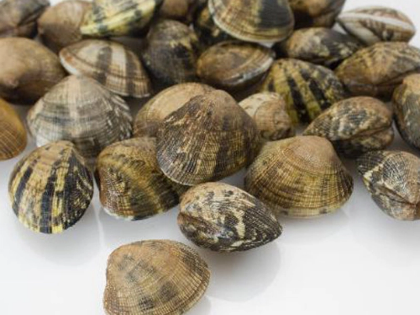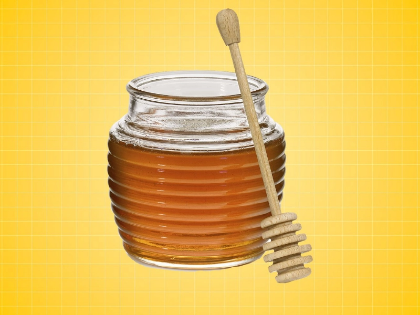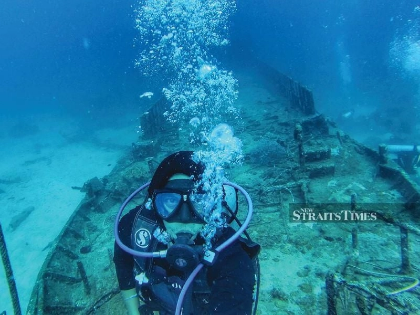Dive Etiquette: Showing Respect for Other Divers and Marine Life
An excellent dive buddy makes the effort to get in touch with and comprehend their diver's needs, regardless of their degree of expertise. They prevent needless strife like mask snot by doing this to maintain group cohesion! In scuba briefings, "look, but don't touch" is a recurring subject. The ocean is not a petting zoo, as some people tend to forget. The stress of pursuing animals might change the animal's natural behaviour patterns.
Avoid Upsetting Marine Life
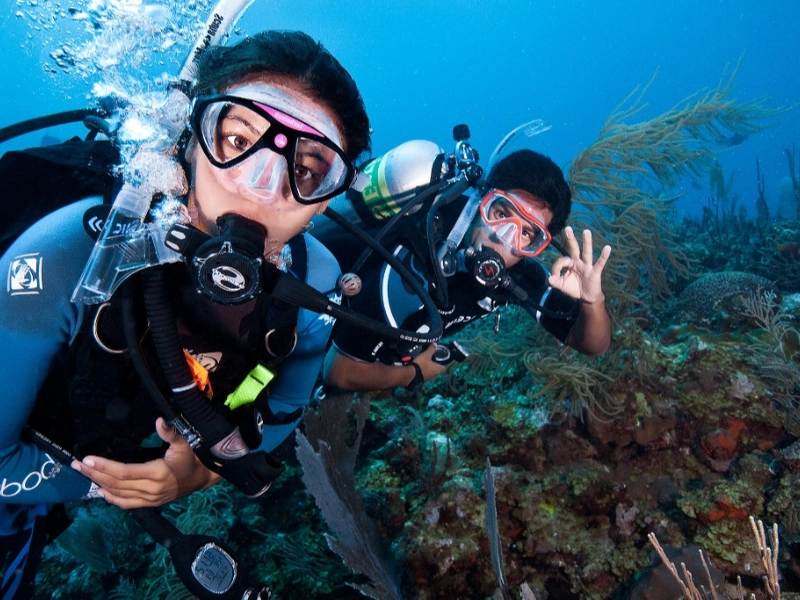
Never handle other divers' equipment.
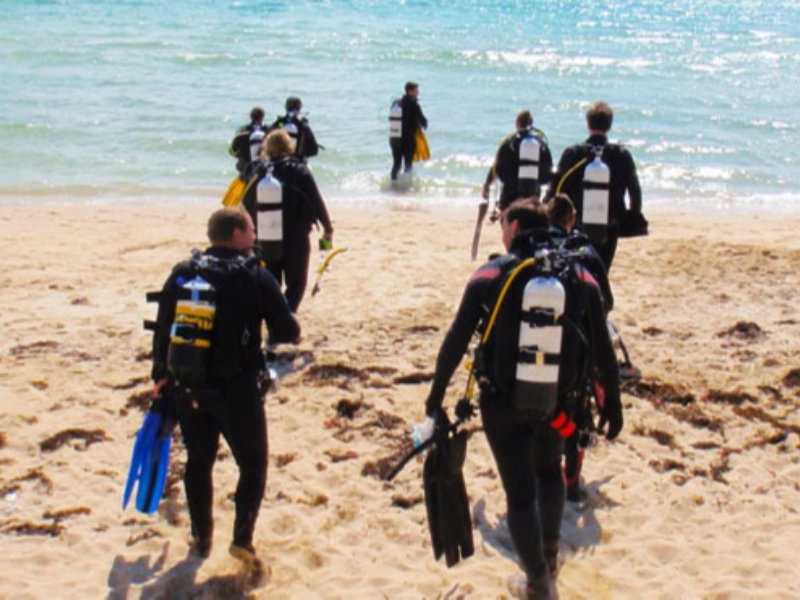 Even though diving is a social activity, it's crucial to respect other divers' property by not handling their gear without their consent. This could not only encroach on their diving bubble but also pose a safety risk. One can influence another diver's ability to manage their buoyancy by managing their air tanks. Additionally, since other divers may have misplaced or broken parts on their equipment, it's crucial to avoid handling their gear. Finding something and having it taken from you is unfair.
Even though many people treat marine life like a petting zoo, we all know that the ocean is not one. In addition to being impolite and impolite, these behaviours—such as stroking coral, bothering sea turtles, or prodding octopuses—may also be harmful to living things. Chasing marine life also disturbs the creatures' natural habitat and causes stress to them. Animal attacks are another consequence of this kind of behaviour. It's best to admire the animals from a distance and leave the chasing to the experts.
Even though diving is a social activity, it's crucial to respect other divers' property by not handling their gear without their consent. This could not only encroach on their diving bubble but also pose a safety risk. One can influence another diver's ability to manage their buoyancy by managing their air tanks. Additionally, since other divers may have misplaced or broken parts on their equipment, it's crucial to avoid handling their gear. Finding something and having it taken from you is unfair.
Even though many people treat marine life like a petting zoo, we all know that the ocean is not one. In addition to being impolite and impolite, these behaviours—such as stroking coral, bothering sea turtles, or prodding octopuses—may also be harmful to living things. Chasing marine life also disturbs the creatures' natural habitat and causes stress to them. Animal attacks are another consequence of this kind of behaviour. It's best to admire the animals from a distance and leave the chasing to the experts.
Respect Other People's Dives
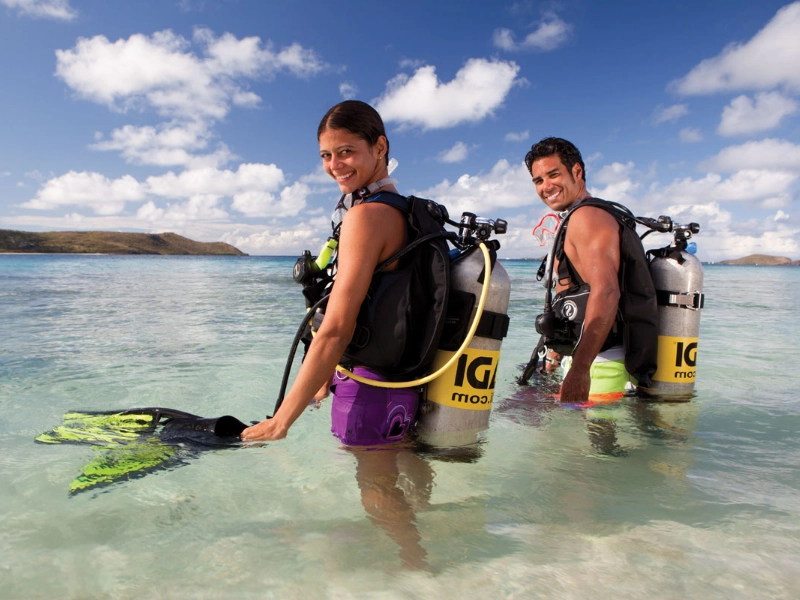 A group dive frequently has a predetermined goal that the whole group must achieve. This may be as straightforward as "see marine life," or it could involve a more thorough exploration of a particular underwater feature. Regardless of the objective, it's critical that each diver maintain concentration and avoid upsetting other group members.
For example, if your Divemaster points out a fascinating marine animal, avoid the impulse to hurry up and shove other people aside so you can take the ideal selfie. Abrupt movements can scare the creature away or cause it to escape, in addition to ruining your own chance of seeing it.
A fellow diver's experience might also be ruined by impoliteness or carelessness. This can involve referring to your oxygen tank as your "flippers" rather than your cylinder by utilising the wrong language. Make sure to address this kind of behaviour with your divemaster or another reliable professional in a non-confrontational way if you see it happening.
A group dive frequently has a predetermined goal that the whole group must achieve. This may be as straightforward as "see marine life," or it could involve a more thorough exploration of a particular underwater feature. Regardless of the objective, it's critical that each diver maintain concentration and avoid upsetting other group members.
For example, if your Divemaster points out a fascinating marine animal, avoid the impulse to hurry up and shove other people aside so you can take the ideal selfie. Abrupt movements can scare the creature away or cause it to escape, in addition to ruining your own chance of seeing it.
A fellow diver's experience might also be ruined by impoliteness or carelessness. This can involve referring to your oxygen tank as your "flippers" rather than your cylinder by utilising the wrong language. Make sure to address this kind of behaviour with your divemaster or another reliable professional in a non-confrontational way if you see it happening.
Avoid Distracting Your Dive Partner
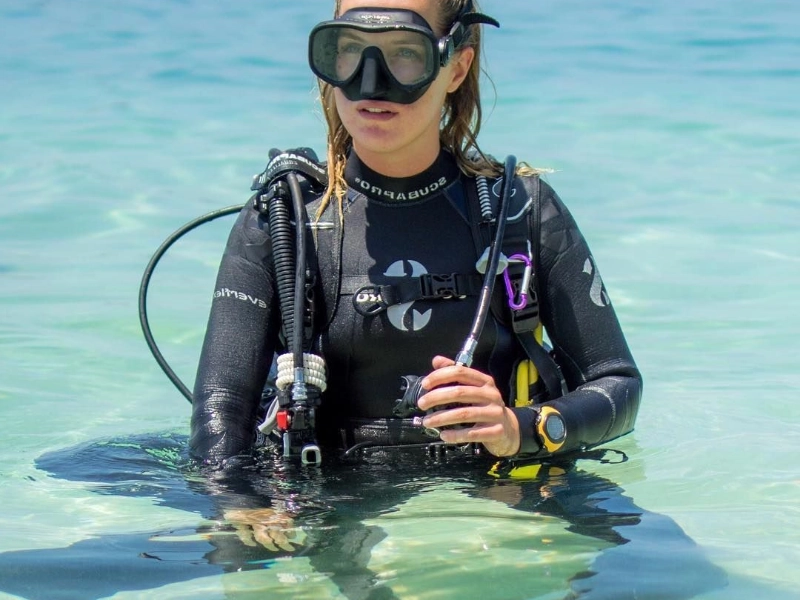 When you see other divers submerged, be sure to communicate clearly with them. By doing this, miscommunications that might result in fights and other regrettable events can be avoided.
Responsible divers should control their temptation to interact with animals, even if it may be quite tempting to touch marine life. Their natural behaviours may be disturbed, endangering your safety as well as theirs.
Similarly, it's critical to avoid distracting your diving partner by keeping your volume down. It may be challenging for kids to maintain concentration on the dive and stay out of danger if they are talking too loudly or giving a long, drawn-out story.
It's also polite dive etiquette to store your equipment in a secure place when not in use. This keeps it out of the way and lessens the chance of mishaps, falls, or damage to the equipment. It also makes it simpler for your fellow scuba divers to locate their own equipment should the need arise.
When you see other divers submerged, be sure to communicate clearly with them. By doing this, miscommunications that might result in fights and other regrettable events can be avoided.
Responsible divers should control their temptation to interact with animals, even if it may be quite tempting to touch marine life. Their natural behaviours may be disturbed, endangering your safety as well as theirs.
Similarly, it's critical to avoid distracting your diving partner by keeping your volume down. It may be challenging for kids to maintain concentration on the dive and stay out of danger if they are talking too loudly or giving a long, drawn-out story.
It's also polite dive etiquette to store your equipment in a secure place when not in use. This keeps it out of the way and lessens the chance of mishaps, falls, or damage to the equipment. It also makes it simpler for your fellow scuba divers to locate their own equipment should the need arise.


